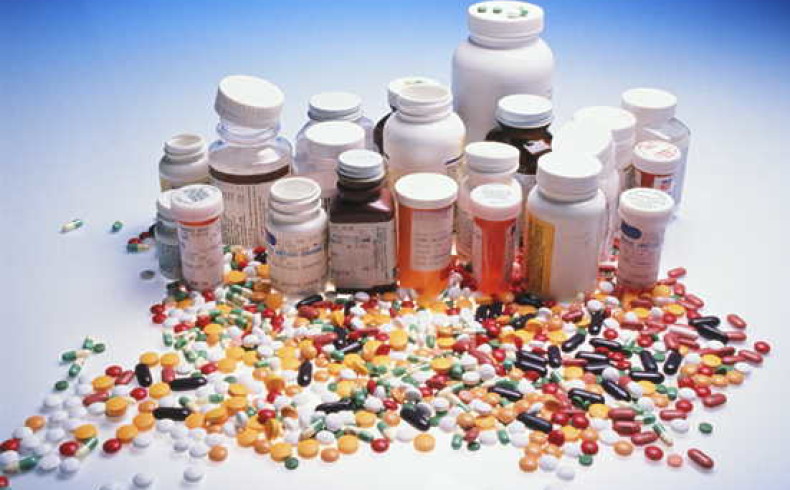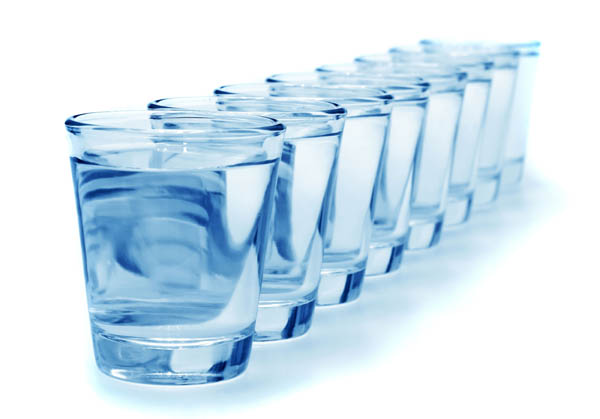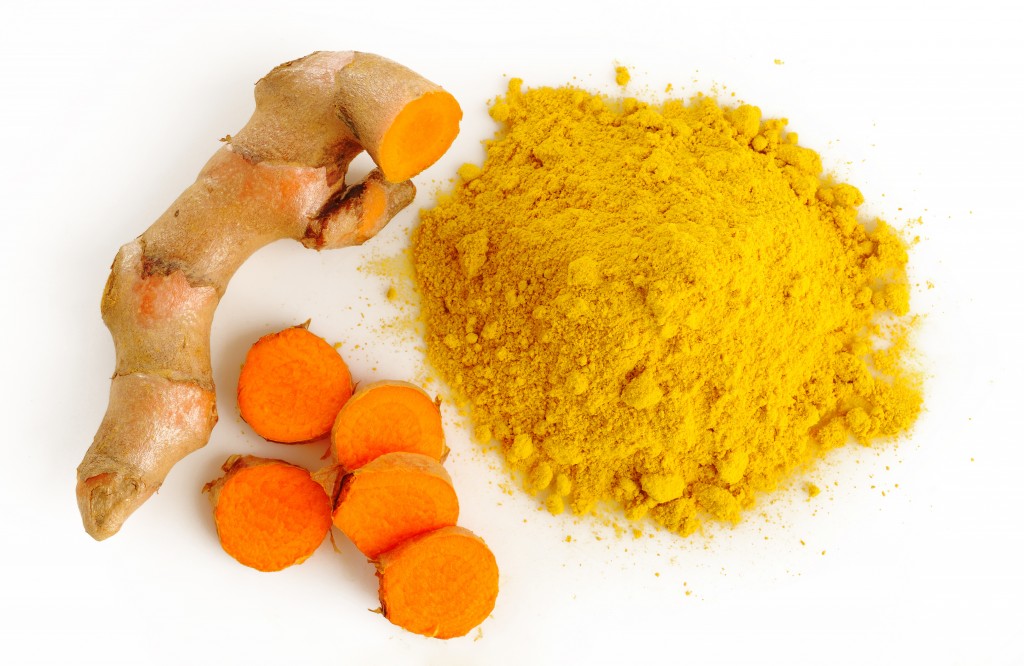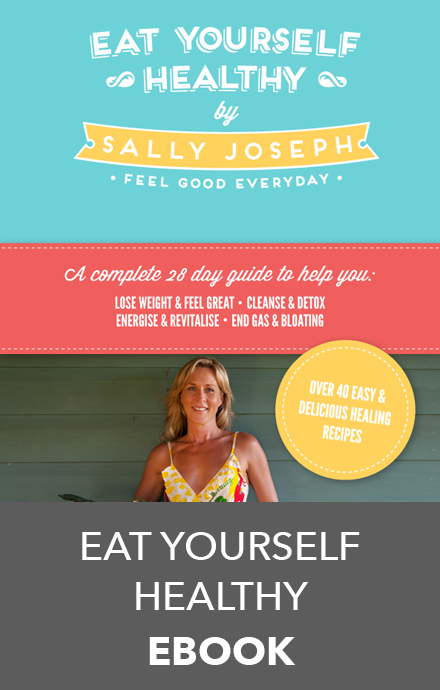
If you’re suffering from chronic pain and have become reliant on pharmaceutical pain medications, such as over the counter anti inflammatories – known as NSAID’s – non-steroidal antiinflammatory drugs – like aspirin or ibuprofen, or you’re unlucky enough to have to rely on heavy duty corticosteroid anti inflammatory drugs, such as prednisolone, prednisone and medrol, then chances are your pain could become a product of these medications if you’re taking them regularly.
How can pain relieving medications become the cause of pain I hear you ask? Well quite simply because of the damage they cause to the lining of the small intestine. Over time, anti inflammatory medications, either non steroidal or steroidal based, will impact on the integrity of the lining of your small intestine, causing it to become excessively permeable – a condition referred to as ‘leaky gut’. When the lining of the intestine becomes excessively permeable, this allows for the penetration of unfriendly microbes that then enter into the intestine, as well as essential nutrients to escape that are intended to be contained within the intestine for effective absorption. This scenario of ‘leaky gut’, then leads to the generation of excessive immunological responses that trigger the production of inflammatory hormones, such as proinflammatory cytokines. Excessive production of pro inflammatory hormones like these, can express in a variety of symptoms, ranging from pain in any form, or in any part of the body, through to IBS – irritable bowel syndrome – excessively loose stools or constipation, digestive complaints, including abdominal discomfort or pain, arthritis, headaches, food sensitivities, high blood pressure or cholesterol, even brain inflammation, which can be expressed as brain fog, depression, anxiety, ADHD etc.
Chronic inflammation that persists for extended periods of time, is the underlying cause of all major lifestyle and degenerative diseases! Long term production of low dose pro-inflammatory hormones, leads to the degeneration of our healthy cells, blood vessels and tissues. The tricky part is, these processes will not always trigger acute pain or symptoms that we necessarily associate with a chronic inflammatory process, but rather conditions such as high blood pressure or cholesterol that then lead to cardiovascular diseases and an eventual heart attack or stroke.
Then there is the impact common pharmaceutical pain meds can have on our liver function over time. The liver is the body’s major detox organ, along with the kidneys and lymphatic system, so if it becomes overburdened with toxins, this will impact on it’s ability to process and eliminate toxins from the body, leaving them to accumulate within our system over time. Excess toxicity from any source – be it external toxins – such as pharma drugs, alcohol, coffee, sugar, heavy metals and other environmental toxins, or internally generated toxins from undigested food, will contribute to the cause of your pain. This is why you need to address the underlying cause of your pain, vs just mask the symptoms with pain medications, or you risk increasing the cause of your pain long term, making it more and more difficult to contain.
Of course pain can be caused by structural damage through injury or degenerative conditions such as arthritis, but many people don’t realise that pain from these causes is also closely connected, or at least exacerbated by inflammation caused by stress and eating the wrong foods – those that trigger inflammation or are overly acidic, or being exposed to too many toxins as mentioned above. So the most important thing you can do when addressing pain is to approach it from a ‘causative’ level using a holistic approach.
By this I mean addressing the underlying factors that are driving your pain and on a variety of levels. Here are my top tips for addressing the cause of your pain so you can be less reliant and hopefully totally avoid the need for taking pain medications:
Avoid gluten, sugar and other pro inflammatory foods – gluten and sugar in particular are the most pro-inflammatory foods you can eat and many pain sufferers find they experience a complete remission with their pain just by eliminating all gluten and sugar from their diet – including hidden sources. You can find full details of which foods to avoid reduce pain and inflammation in Sally’s e-book Eat Yourself Healthy In 28 Days

Detox your liver and bowel – Excess toxins within the liver and bowel are guaranteed to contribute immensely to any pain or inflammation you may be experiencing within your body. The thing I do when a patient presents to me with any sort of chronic pain / inflammatory based condition is to repair and detox their digestive system with my Complete Digestive Repair and Detox supplement program. This program works to eliminate toxins from your body, repair leaky gut and restore a healthy pH to your body to reduce inflammation that drives pain.
Reduce your exposure to stress – whether it be emotional or physical stress, it will trigger inflammatory responses in your body.
Drink more water – sounds simple, yet so many people don’t consume enough of the clear stuff! You need at least 1.5 – 2 litres per day – more if you are exercising a lot, or suffer constipation – to help eliminate toxins as well as perform all the other essential reactions water is required for.

Get enough sleep – Sleep deprivation is another cause of stress and is essential to enable the body to repair and rebuild as well as refuel for the day ahead.
Reduce activities that contribute to your pain – pain is the body’s way of telling us to slow down and rest to enable it to recover. So often we tend to push on when we are experiencing pain and continue to engage in activities that exacerbate it. Find alternative activities that don’t contribute to the pain, such as non impact sports like water aerobics, some pilates and yoga routines and best of all, MEDITATION.
Take anti inflammatory nutrients – I always prescribe these essential nutrients to anyone suffering pain or chronic inflammation – magnesium quercetin , essential fatty acids, and turmeric, but remember these nutrients work best in conjunction with my recommended dietary modifications and digestive repair and detox program

Incorporate acupuncture into your pain management routine – The Chinese and Japanese were onto something when they developed this amazing therapy. Aimed at restoring balance back to the body’s meridians and stimulating ‘Chi’, I have found patients who combine my eating and nutritional supplement program with a course of acupuncture, increase their rate of recovery dramatically, as long as they are abstaining from activities that contribute to their pain.
Meditation and visualisation techniques – these have been scientifically proven to reduce stress hormones and subsequently reduce pain. Incorporating daily meditation and visualisation techniques into your pain management routine will only help and at best, combined with a healthy diet, aid in total recovery from chronic pain.
Remember, pain is your body’s way of signalling that something is wrong and you are experiencing a chronic inflammatory response. Always seek further medical advice for further investigation should pain persist after implementing these recommendations and avoid relying on pharmaceutical medications for pain relief as your first option for treatment.


Health & Lifestyle Tips
Delicious Healthy Recipes
Educational & Recipe Videos








